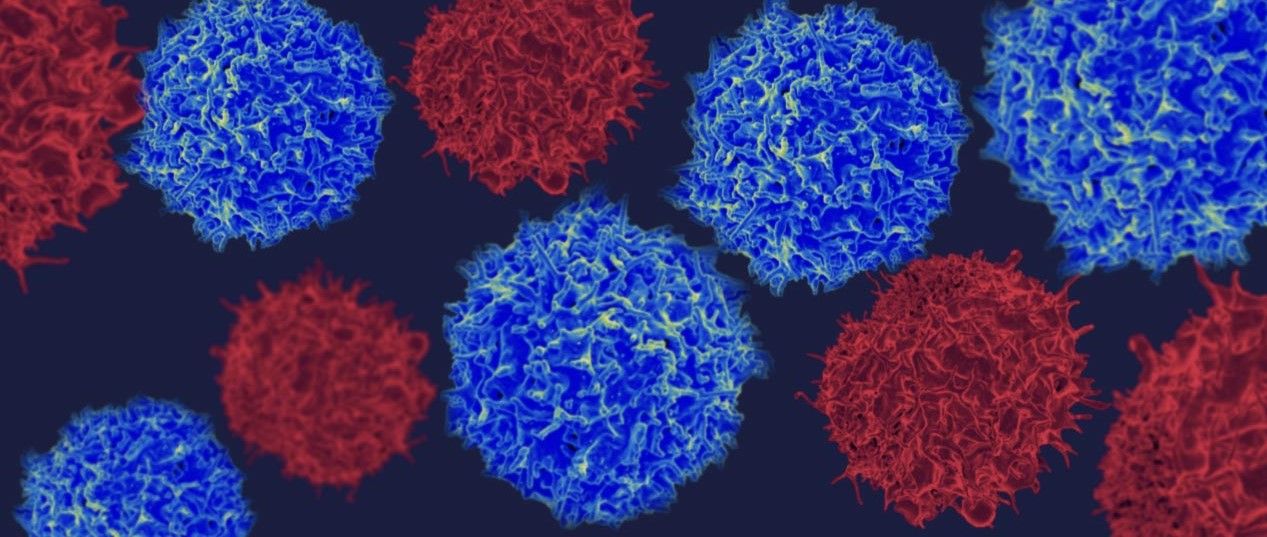In some acute myeloid and juvenile myelomonocytic leukemias (AML and JMML, respectively), tumor growth is driven by activating mutations in the phosphatase PTPN11. Jenkins et al. found that mutant PTPN11 activity is enhanced by the kinase TNK2. The multikinase inhibitor dasatinib decreased the activity of TNK2, mutant PTPN11, and downstream proliferative pathways in patient cells in culture; decreased their growth in murine bone marrow cocultures; and extended survival in a patient with PTPN11-mutant JMML. Although dasatinib does not block mutant PTPN11 activity entirely, it is clinically approved for the treatment of other leukemias (CML and ALL), suggesting that its use could be extended to AML and JMML to slow disease progression in patients.
The protein tyrosine phosphatase PTPN11 is implicated in the pathogenesis of juvenile myelomonocytic leukemia (JMML), acute myeloid leukemia (AML), and other malignancies. Activating mutations in PTPN11 increase downstream proliferative signaling and cell survival. We investigated the signaling upstream of PTPN11 in JMML and AML cells and found that PTPN11 was activated by the nonreceptor tyrosine/serine/threonine kinase TNK2 and that PTPN11-mutant JMML and AML cells were sensitive to TNK2 inhibition. In cultured human cell–based assays, PTPN11 and TNK2 interacted directly, enabling TNK2 to phosphorylate PTPN11, which subsequently dephosphorylated TNK2 in a negative feedback loop. Mutations in PTPN11 did not affect this physical interaction but increased the basal activity of PTPN11 such that TNK2-mediated activation was additive. Consequently, coexpression of TNK2 and mutant PTPN11 synergistically increased mitogen-activated protein kinase (MAPK) signaling and enhanced colony formation in bone marrow cells from mice. Chemical inhibition of TNK2 blocked MAPK signaling and colony formation in vitro and decreased disease burden in a patient with PTPN11-mutant JMML who was treated with the multikinase (including TNK2) inhibitor dasatinib. Together, these data suggest that TNK2 is a promising therapeutic target for PTPN11-mutant leukemias.




